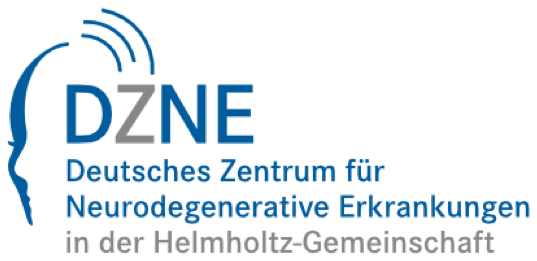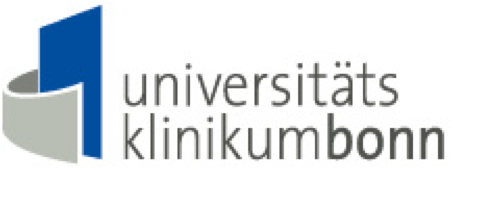Partners
Fraunhofer SCAI
The Fraunhofer Society is one of Europe's greatest research organization doing applied research (http://www.fraunhofer.de/en/about-fraunhofer.html). The Department of Bioinformatics of the Fraunhofer Institute for Algorithms and Scientific Computing (SCAI) performs applied research and development in the field of information extraction and semantic text analysis, belonging to the leading European research groups in this field. In IDSN, SCAI develops the text mining platform for the extraction of clinical information out of patient records and scientific publications.
Moreover, SCAI takes part in various large German and international partnerships and is doing research in the area of neurodegenerative diseases such as the development of mechanistic disease models and the combined analysis of biological and medical data. In IDSN, SCAI integrates relevant terminologies and ontologies into a semantic mapping service and supports the DZNE in setting up the data integration platform. Furthermore, SCAI develops data mining strategies for the analysis of the integrated data.
More information:

DZNE
The DZNE is a center of excellence within the Helmholtz Association with a strong focus on translational research on neurodegenerative diseases. It is among the leading research centres in Europe within its research field, uniting some of the most well-known national and international experts in the field of neurodegeneration into one research institute. A unique advantage of the DZNE is surely its multidisciplinarity, covering both basic and clinical research, ranging from treatment of clinical patients in the various associated hospitals, to genomics, epigenetics, imaging, electrophysiology, drug screening, systems biology, and bioinformatics. Three DZNE sites participate in IDSN, namely the groups of Stefan Bonn (DZNE Göttingen), Eugenio Fava (DZNE Bonn) and Peter Heuting (DZNE Tübingen). In IDSN, the DZNE is responsible for the development of semantic data layers and the integration platform. In the translation phase, the DZNE will lead the data analysis of the combined data.
More information:
Research group Heutink: www.dzne.de/en/sites/tuebingen/research-groups/heutink.html

UKB
The University Hopital Bonn (Universitätsklinikum Bonn, UKB) is a maximum care hospital with more than 45,000 in patient cases per year. There is a contractually agreed, close collaboration between the DZNE and UKB. Specifically, the outpatient clinics of the Departments of Neurology and Psychiatry serve as a platform to recruit patients for DZNE studies. The UKB memory clinics is internationally renowned in the area of neurodegenerative research and has huge patient cohorts. In IDSN, the UKB sets up an information extraction environment to enable the extraction of anonymized structured patient data in the area of neurodegenerative diseases. In the translation phase, the UKB will use the integrated data to improve patient stratification.
More information:
- Neurology www.neurologie.uni-bonn.de (german)
- Psychiatry www.psychiatrie.uni-bonn.de (german)
